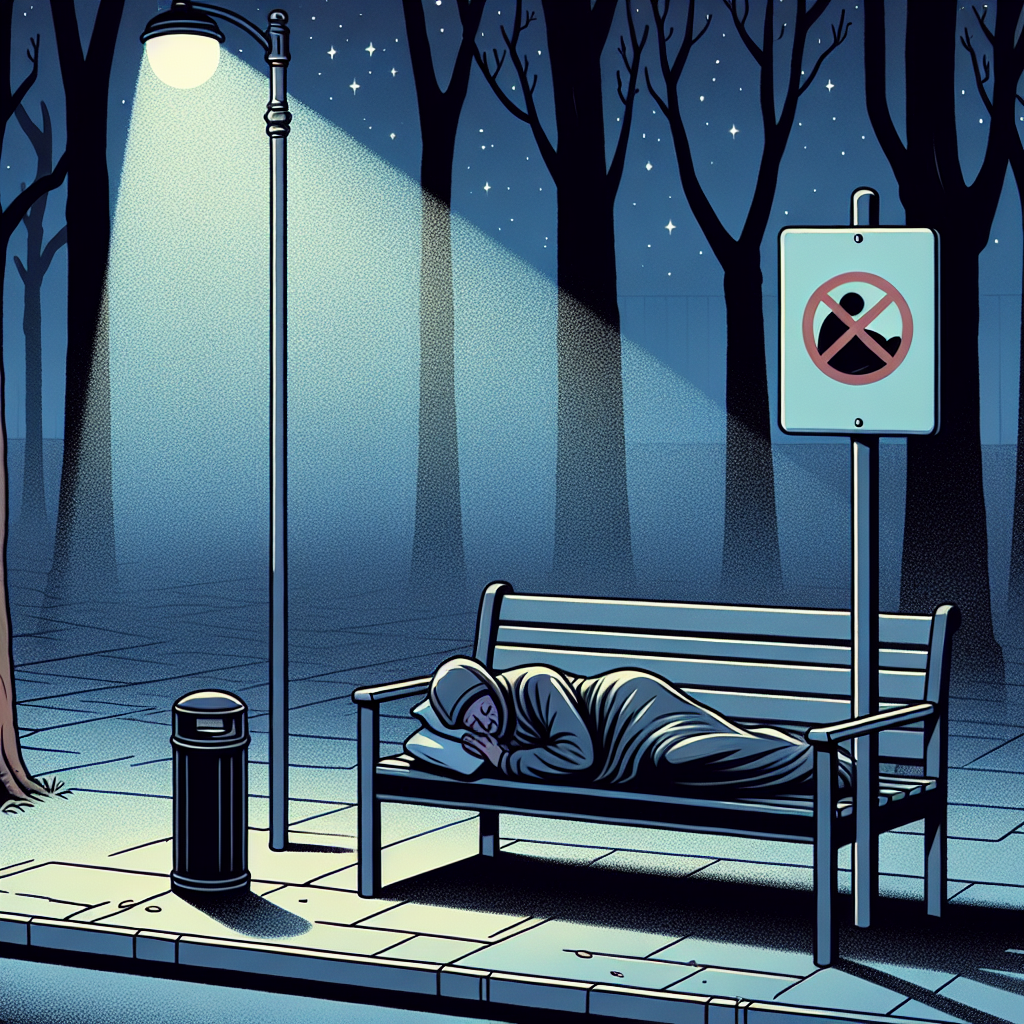The Crucial Connection: Sleep, Memory, and Mental Health
A recent study links sleep deprivation to mental health issues, focusing on how poor sleep impacts brain regions that control unwanted memories. The research highlights the role of REM sleep in restoring these functions, offering insights into potential treatments for mental disorders such as depression and anxiety.

- Country:
- India
A groundbreaking study reveals a significant connection between sleep deprivation and mental health issues, emphasizing how poor sleep affects brain regions that manage unwanted memories. Researchers discovered that sleep loss can impair these regions, particularly impacting individuals with depression, anxiety, and PTSD.
The study, led by Marcus Harrington from the University of East Anglia, involved brain scans of participants both with and without sleep. Results showed that those deprived of sleep struggled to engage brain areas crucial for memory suppression.
REM sleep, the dreaming stage, plays a pivotal role in restoring brain functions necessary for controlling intrusive memories. These findings might lead to new treatments for mental health disorders by enhancing memory control mechanisms.
(With inputs from agencies.)










